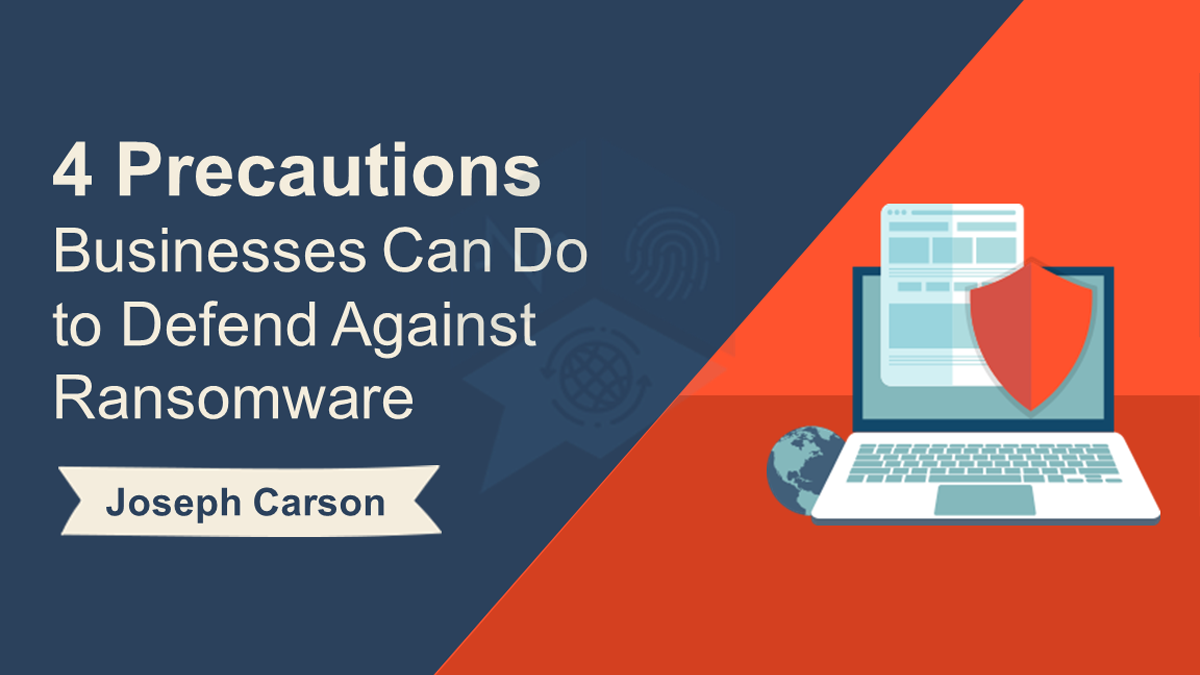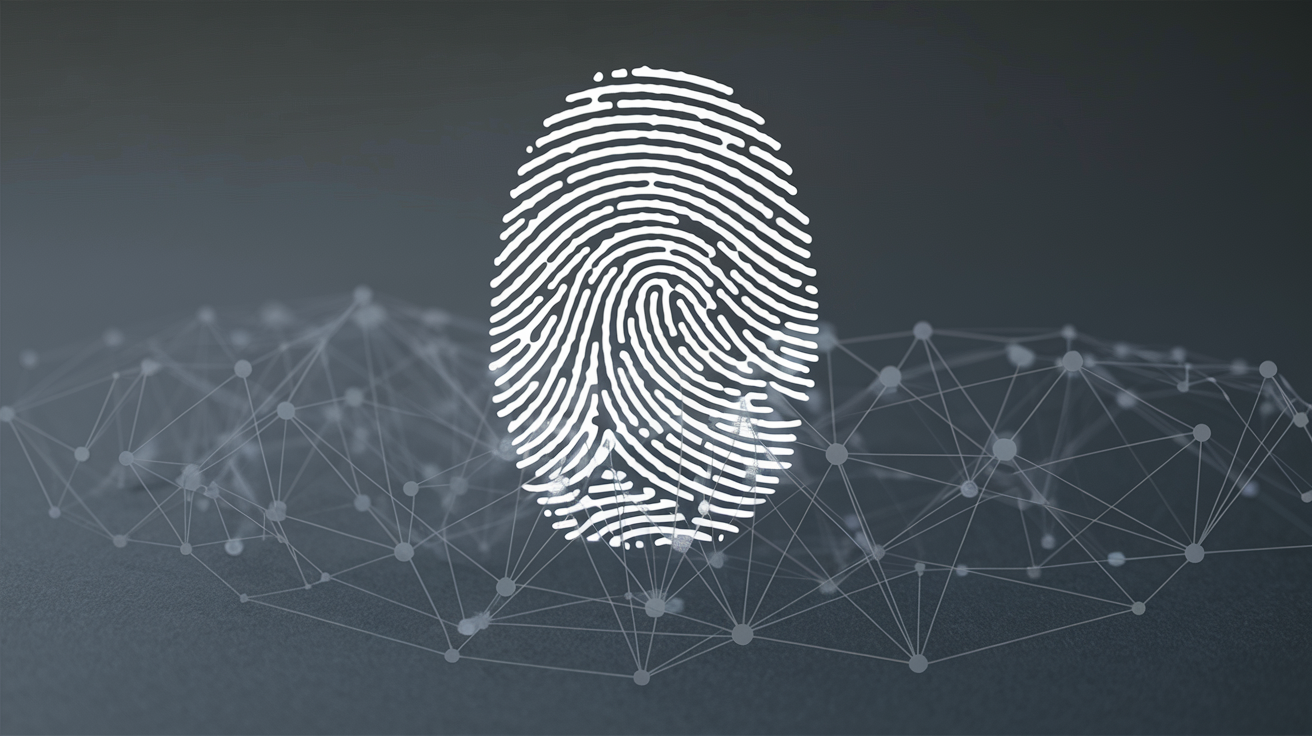· cybersecurity · 4 min read
Physician Texting Apps and Their Challenges to Cybersecurity
Data is essential in modern health care. The more information a physician has, the better they can treat a patient. As a result, physician texting apps are becoming something many patients want.

Data is essential in modern health care. The more information a physician has, the better they can treat a patient. As a result, physician texting apps are becoming something many patients want.
However, such apps can potentially cause cybersecurity problems for health care practices. The health care field is presently weighing the benefits of physician texting apps alongside their challenges to cybersecurity.
A Changing Medical Industry
Secure texting is a relatively new phenomenon in the medical industry, though it’s quickly becoming the first choice to send information to medical professionals.
According to a survey of 1,279 physician practices and 770 hospital professionals by Black Book Market Research, secure communication platforms are abundant. About 85 percent of hospitals and 83 percent of physician use secure communication among their care teams, patients and families.
Among the reasons for the rise of secure texting are convenience and familiarity. Many people are comfortable with texting. Although phone and email contact are also familiar, email is less immediate and a phone call may not be picked up. With texting, there is an instantaneous obtaining of data that is secure and logged for future reference.
Most physician texting apps enable authorized users to send and receive electronic protected health information (ePHI) in compliance with the Health Insurance Portability and Accountability Act (HIPAA).
However, some issues present themselves, like phone auto correct leading to wrong patient or drug names, potentially confusing abbreviated text terminology, misspellings and incomplete orders.
However, almost one-third of respondents to the Black Book Market survey say they still receive unsecured text communications on a daily basis, with clearly identifiable information included. The fact that patient birthdays, names and initials are sent over unsecured text communications emphasizes cybersecurity challenges inherent in physician texting apps.
Challenges to Cybersecurity
There’s no doubt that physician texting apps are improving patient prognosis. About 94 percent of physicians and 90 percent of hospital leaders cite mobile technology as improving patient safety and outcomes.
However, the same survey shows that 63 percent of respondents cite issues with mobile adoption strategies and execution. Specifically, cybersecurity challenges can be difficult to fit into a hospital’s budget.
One solution to cybersecurity challenges is the utilization of device encryption for texted orders, which 48 percent of providers use. Device encryption and PHI security are implemented by limiting unsecured text messaging and making computerized provider order entry (CPOE) the preferred method for submitting orders. With CPOE, providers can directly enter orders into the EHR, made more accessible than ever since CPOE is becoming increasingly available through encrypted applications on smartphones and tablets.
CPOE provides a hub for providers to view and reply to clinical decision support recommendations, in addition to viewing alerts. Time-sensitive alerts are likelier to be addressed with CPOE and its instantaneous ability.
Texting Precautions
In addition to solutions like message encryption and making CPOE the primary method for order submission, doctors can exercise caution and prudence when texting. Avoiding PHI in text messages is of great importance, as sharing such sensitive information can put a patient’s security at risk while also violating the law.
Additionally, doctors should make sure their phones are safeguarded with sufficient security measures, such as fingerprint recognition or a passcode being required before access to their phone.
Also, it’s a good idea to install an app that can remotely lock and wipe a device in case it’s lost or stolen. Additionally, proofreading should be a habit all doctors get accustomed to while sending a text. Smartphones tend to autocorrect, so it’s vital to double-check messages before sending.
In some instances, it makes more sense to hold a face-to-face conversation or discreet phone call. However, it’s entirely possible for physicians to use texting securely with proper encryption and precaution.





